
Rats, Gardens, and Stories from a "Post-Impact" Future
Rats as you’ve never seen them; the journey of restoring a garden; stories from a “post-Impact” future
Maddie Bender is a science writer and a producer at Hawaii Public Radio. She was a 2021 AAAS Mass Media Fellow at Scientific American

Rats, Gardens, and Stories from a "Post-Impact" Future
Rats as you’ve never seen them; the journey of restoring a garden; stories from a “post-Impact” future
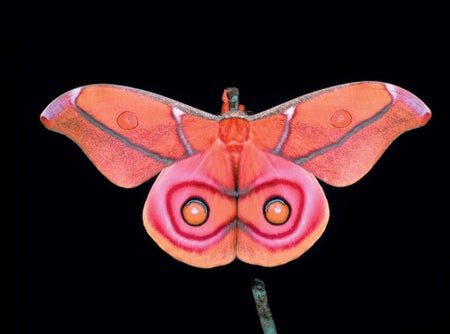
Predators Act like Butterflies’ Eyespots Are Looking Right at Them
Butterfly markings work better when they’re “looking” toward prey
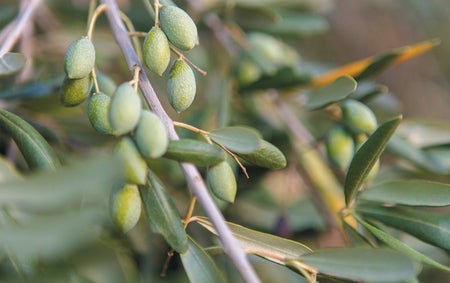
AI Diagnoses Devastating Olive Tree Infection
Predicting severity can help address deadly effects to olive groves
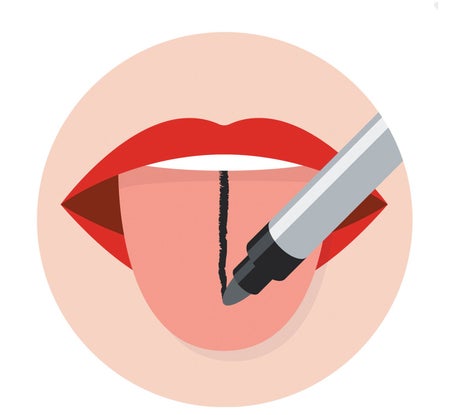
Marker Tip—Without Ink!—Makes a Hardy Medical Sampler
The marker material conserved samples for up to a week
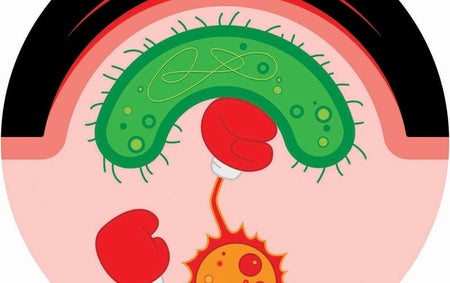
Acne Inflammation Discovery Could Lead to New Treatments
A key player is revealed in the acne-causing immune battle

NASA Eyes Electric Car Tech for Future Moon Rovers
Space agencies are partnering with car manufacturers to custom build new rovers—or retrofit commercial vehicles—for future missions to the moon and Mars
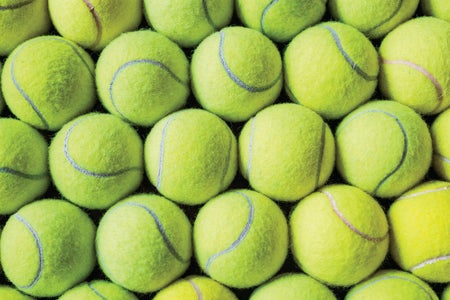
Recycled Tennis Balls Could Protect Buildings from Earthquakes
A low-cost design helps shaking buildings roll to a stop
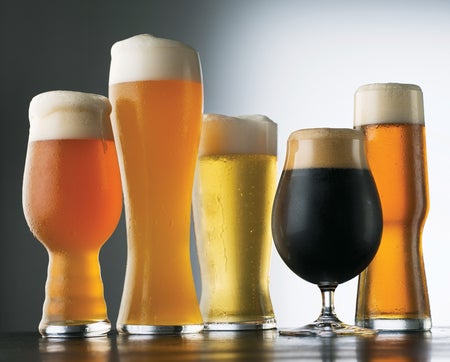
What’s Brewing in a Beer Is Startling Complexity
High-powered chemistry lets researchers trace a beer back to its ingredients
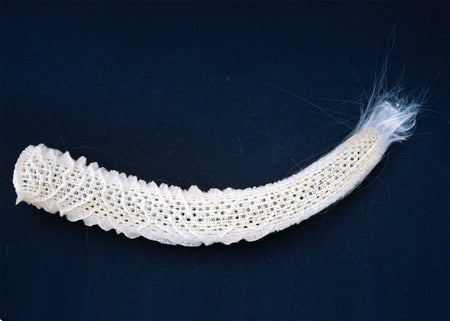
The Venus’s Flower Basket’s Weird Fluid Dynamics Explained
A deep-sea sponge’s unique structure helps it eat and mate while reducing drag
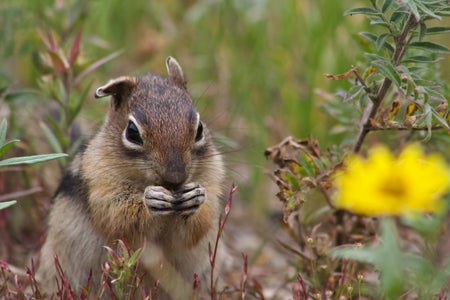
During a Rodent Quadrathlon, Researchers Learn That Ground Squirrels Have Personalities
The rodents’ personalities may help them to secure territory and avoid prey.

SpaceX’s Starship Could Rocket-Boost Research in Space
The platform could aid climate science, space junk cleanup and planetary exploration
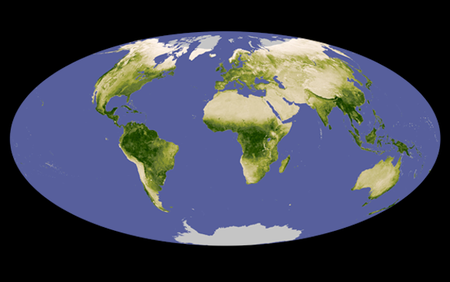
In Case You Missed It
Top news from around the world

Misophonia Might Not Be about Hating Sounds After All
The phenomenon triggers strong negative reactions to everyday sounds but might come from subconscious mirroring behavior
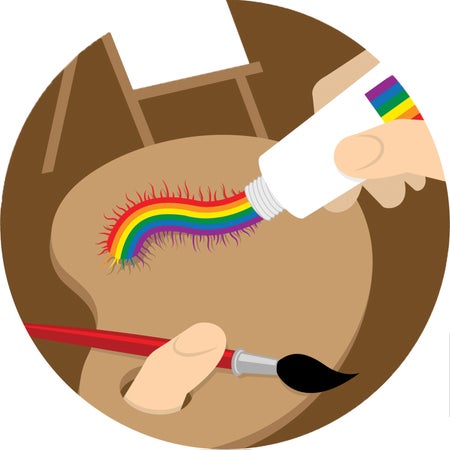
Engineered Bacteria Produce a Rainbow of Colors
By inserting some genes and knocking down others, scientists solved a core problem in synthetic biology
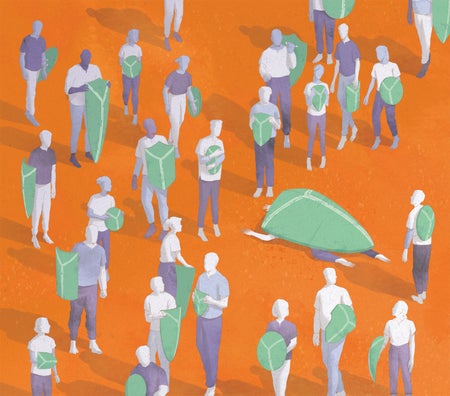
The Terrible Toll of 76 Autoimmune Diseases
About 80 conditions can be described as autoimmune disorders, although definitions are still changing

Years Before COVID, Zombies Helped Prepare One Hospital System for the Real Pandemic
An educational experiment used escape rooms and the undead to set the stage for a terrible situation that would become all too real
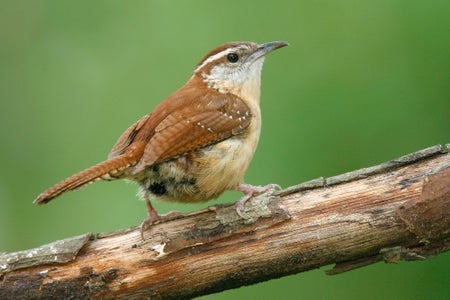
Suspect List Narrows in Mysterious Bird Die-Off
Here’s how researchers are zeroing in on the culprit
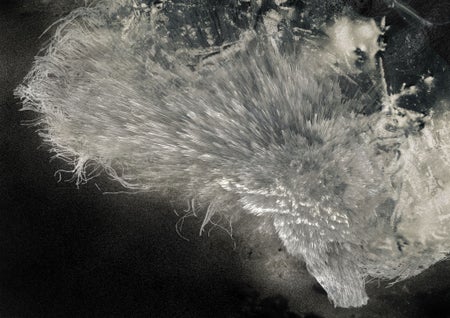
Inspired by Chronic Illness, She Made Award-Winning Art about the Brain
Scientific American presents the winner and honorable mentions of the 11th annual Art of Neuroscience contest

Wave Power Charges Ahead with Static Electricity Generators
An ocean-powered buoy brings technology closer to the dream of obtaining energy from the sea
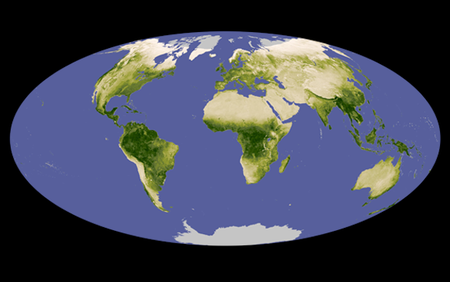
In Case You Missed It
Top news from around the world
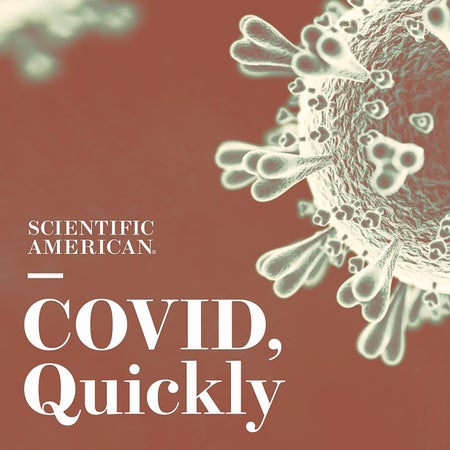
COVID, Quickly, Episode 12: Masking Up Again and Why People Refuse Shots
Today we bring you a new episode in our podcast series COVID, Quickly. Every two weeks, Scientific American’s senior health editors Tanya Lewis and Josh Fischman catch you up on the essential developments in the pandemic: from vaccines to new variants and everything in between.
You can listen to all past episodes here.
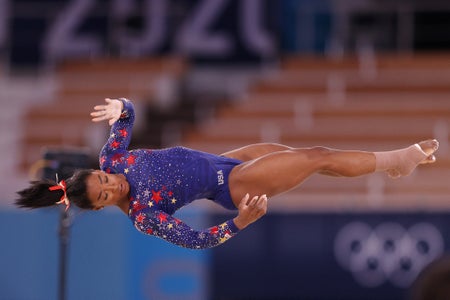
The Olympics without Fans Is Harming Athletes’ Performance
Simone Biles drops out of an event, citing the lack of an audience
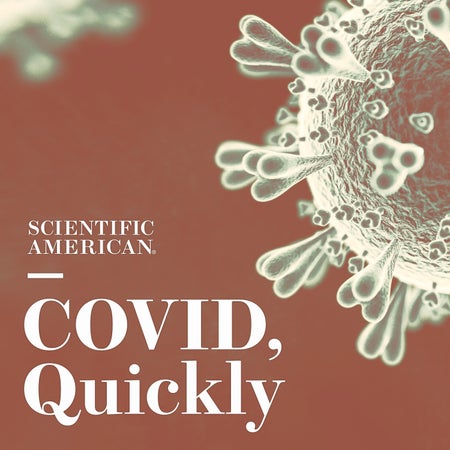
COVID, Quickly, Episode 11: Vaccine Booster Shots, and Reopening Offices Safely
Today we bring you a new episode in our podcast series: COVID, Quickly. Every two weeks, Scientific American’s senior health editors Tanya Lewis and Josh Fischman catch you up on the essential developments in the pandemic: from vaccines to new variants and everything in between.
You can listen to all past episodes here.
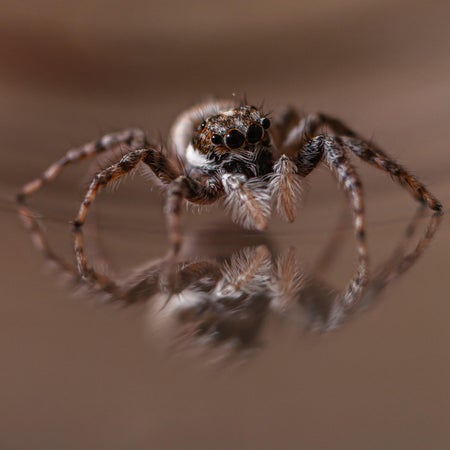
Spiders on Tiny Treadmills Give Scientists the Side-Eye
Jumping spiders see more in their periphery than previously known